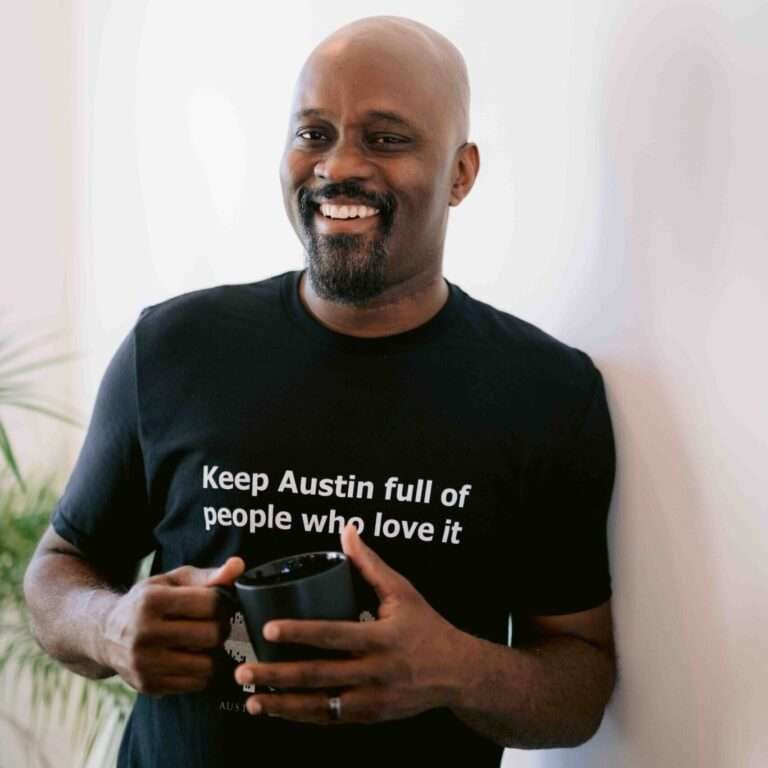

Long gone are the days of honest conversations
I miss the days when family debates were alive—full of real engagement, curiosity, and the freedom to disagree without bitterness. We didn’t always need to agree, but we tried to ground ourselves in facts, with the occasional detour when emotions got the better of us. Despite the friction, these conversations were a place where we all learned something, even if we’d never admit it at the time. There was an openness, a willingness to question each other, to explore ideas from every angle, and ultimately, to come away feeling heard and respected.
Recently, I tried to reignite that old spark with a family member who used to be a master of discussion. A decade ago, he could tackle any topic, argue either side, and do it with genuine insight. But this time, instead of the lively exchange I’d hoped for, he retreated into familiar platitudes and talking points. It was like stepping into the ring for a real match, only to find someone showing a flat, one-dimensional version of the battle on a screen.
What happened to the days when we could challenge each other without fear or defensiveness? When we spoke freely, not to win but to learn? Somehow, our conversations have lost their spark, turned into predictable scripts rather than genuine exploration. We’re all stuck in safe boxes, no longer daring to step out and test the boundaries of our ideas.
This isn’t just a personal observation. Research shows that the way we frame conversations has shifted significantly in recent years, in part due to the polarization of media, social echo chambers, and the rise of performative communication in digital spaces. According to a study by the Harvard Negotiation Project, one key factor that makes debates productive is the intention behind them. When participants enter a discussion to explore rather than to persuade or defend, the dynamic shifts from adversarial to collaborative. In my family, we used to embrace that spirit of exploration. Somewhere along the way, we lost it.
The Science of Healthy Disagreement
Studies on effective communication, such as those conducted by University of Washington’s Gottman Institute, highlight the importance of creating a safe space for conversation. This means actively listening, avoiding judgment, and resisting the urge to “win” the argument. When we feel emotionally safe, we are more likely to share honestly and engage meaningfully, even on difficult topics.
Another important insight comes from conflict resolution expert Adam Grant, who emphasizes the value of “arguing like you’re right, but listening like you’re wrong.” This approach allows us to present our ideas confidently while staying open to new perspectives—a balance that fosters growth and understanding. Looking back, this was something my family once did instinctively. We argued, yes, but we also listened, even when it was uncomfortable.
Boundaries Are Okay
That said, I’ve come to understand that not every topic has to be up for debate—and that’s okay. There are some issues that are simply non-negotiable for me. My list isn’t long, but it’s firm: a woman’s right to choose, which is fundamentally about her health and made in consultation with trusted family and doctors, and my right to remain married to my husband. These are foundational beliefs that define who I am, and I’ve learned that setting boundaries like these doesn’t diminish the value of dialogue. If anything, it makes the discussions we do have more focused, respectful, and meaningful.
Research from Brené Brown’s work on vulnerability and boundaries supports this idea. Brown suggests that clearly defining what’s off-limits helps create a framework for honest, productive conversations. When everyone understands the rules of engagement, it’s easier to focus on areas where growth and understanding are possible.
Rebuilding the Art of Conversation
So, where do we go from here? How do we rebuild the art of healthy disagreement in a time when conversations often feel either overly rehearsed or completely unmoored? The good news is, it’s not impossible.
Start by framing conversations with a shared goal. According to the Center for Creative Leadership, setting a clear purpose—whether it’s to understand, brainstorm, or explore—creates alignment and reduces tension. Instead of approaching the discussion as a competition, think of it as a collaboration. This reframing alone can shift the tone and outcome of any conversation.
Additionally, asking questions can be more powerful than making statements. Studies from MIT’s Human Dynamics Lab show that great conversations are often fueled by curiosity. Phrases like, “What makes you feel that way?” or “Can you help me understand your perspective?” open the door to deeper insights and mutual respect.
Lastly, remember the importance of patience. Real growth happens over time, not in one heated exchange. As psychologist Carol Dweck’s research on mindset has shown, fostering a culture of learning requires both humility and persistence. Even if a conversation doesn’t feel productive in the moment, it might plant the seeds for future understanding.
Let’s Share Strategies
As I reflect on what we’ve lost, I also wonder how we can rebuild the art of healthy disagreement. How do you frame conversations in a way that keeps them productive, open, and respectful? I’m not looking for the opinions that spark disagreements but the strategies that help keep conversations meaningful and grounded. If you’ve found tools or approaches that work for you, I’d love to hear them. Maybe together, we can rediscover the power of honest and meaningful dialogue.

